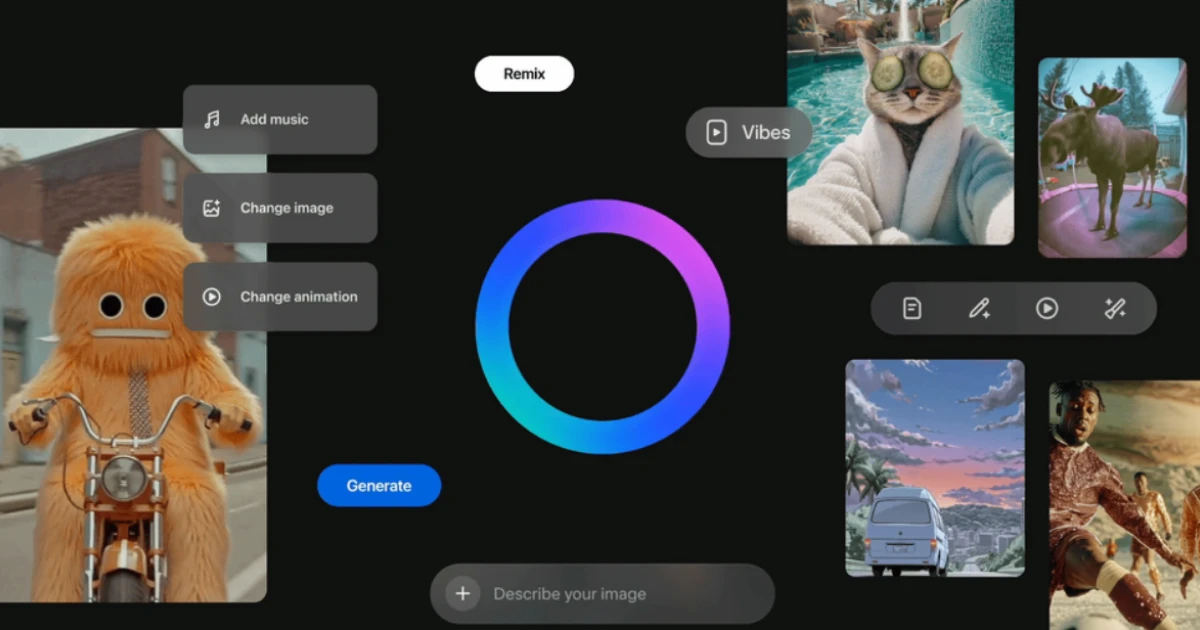In a nutshell, a computer can carry out specific tasks as a human would. This is very useful when considering the repetitive and annoying tasks employees have to undertake. We talked about filling out forms and Excel documents, researching, sorting, and analyzing data, and the list could go on and on. Deploying an AI to take care of this kind of task can reduce time and error proneness that would usually be associated with human labor.
There are numerous other ways we can leverage ongoing innovations. For example, AI in business can improve the employee and customer experience. That happens due to an AI’s ability to automate specific tasks, deliver convenience, and collect and analyze data. We all know that customers usually have similar questions, and many of them will quickly call the customer support number for the smallest problems.
However, AI technology could optimize this whole process through business automation. How? Well, by answering calls and delivering valuable information when asked. This has already proved to reduce costs inside the company by freeing up call centers.
And consumers are not the only ones benefiting from the use of AI. Employees can automate a lot of their boring tasks, freeing up time to do something else. By using AI in business, many people can also tackle more complex problems and use their creativity to come up with solutions for complicated situations. Believe it or not - this makes people happier, even though the complexity of their more meaningful stuff has grown.
Also, as stated by Tony Do, Hubspot’s Marketing Manager - “AI within customer service serves as a channel to identify common trends and pain points for users. Rather than helping a customer one by one, we can now have hundreds of conversations simultaneously.”
Having an AI technology that automates and streamlines such aspects of your business simply makes sense. After all, communication with customers can result in a huge amount of data that can be further leveraged in business, and humans cannot optimally collect and analyze this data on their own.
So, AI in business can also translate into faster, smarter, and more informed decisions.
And we are not surprised to find out that business leaders are highly receptive to the deployment of AI inside their company, according to an annual survey by PWC. Almost all the people who participated in the survey seem willing to work alongside AI in the future.
Think about the amount of information that an AI can store related to an “infinite” amount of topics. A CEO could use this kind of data to make more data-driven decisions. Information like customer satisfaction, competitor analysis, market information, and company status increases decision-making efficiency simply through business automation.
It will surely not replace a salesperson altogether, as there will always be a need for human interaction and relationship building in the sales process. But AI can highly benefit business development. It can analyze data and offer market insights, leading to improved efficiency and simplifying the selling process.
Corporations that have access to massive databases, like Amazon, can leverage AI to study consumer behavior and come up with products or service ideas that will fulfill a need in the market. Also, this opens up a gate for up-selling and cross-selling targeting at a huge scale.
Also, AI in the sales process has been reported to increase the number of leads generated by a business while also reducing the cost associated with the whole process. According to Harvard Business Review, businesses that use AI in sales can increase lead generation by more than 50%. Also, sales departments are able nowadays to get beneficial insights regarding the probability of a lead to convert. This happens because of the software’s ability to analyze lots of data and forecast probabilities based on previous results.
As marketers, we can see some top-notch improvements in day-to-day operations when employing Artificial Intelligence. Struggling with long hours of market research and competitor analysis can be forgotten nowadays as solutions for automating these tasks appear to benefit everyone.
Take Levity.ai, for example. This is a platform that offers the possibility to design our own AI and task him with a wide range of applications, leading to a better workflow in the marketing department. People use it to classify email responses, analyze images, engage with new customers, and make use of large-scale consumer insights. This frees up time for people in the department to focus on coming up with creative strategies and solutions for the company's marketing efforts.
Not to mention that AI can already be used in Search Engine Optimization (SEO) systems, and that can have a huge impact on the position our websites rank in Google. By undergoing specific keyword analysis and a deeper search on the intent of every search, AI can come up with insights that we wouldn’t have access to otherwise. And people even use it to write SEO marketing materials for websites. However, this still needs the review and optimization of a specialist as the technology is not error-free yet.
As you can see, AI has a huge impact on the business overall. With applications both in marketing and sales, as well as improved consumer and employee experience, this evolving technology changes the way business automation is done forever.














